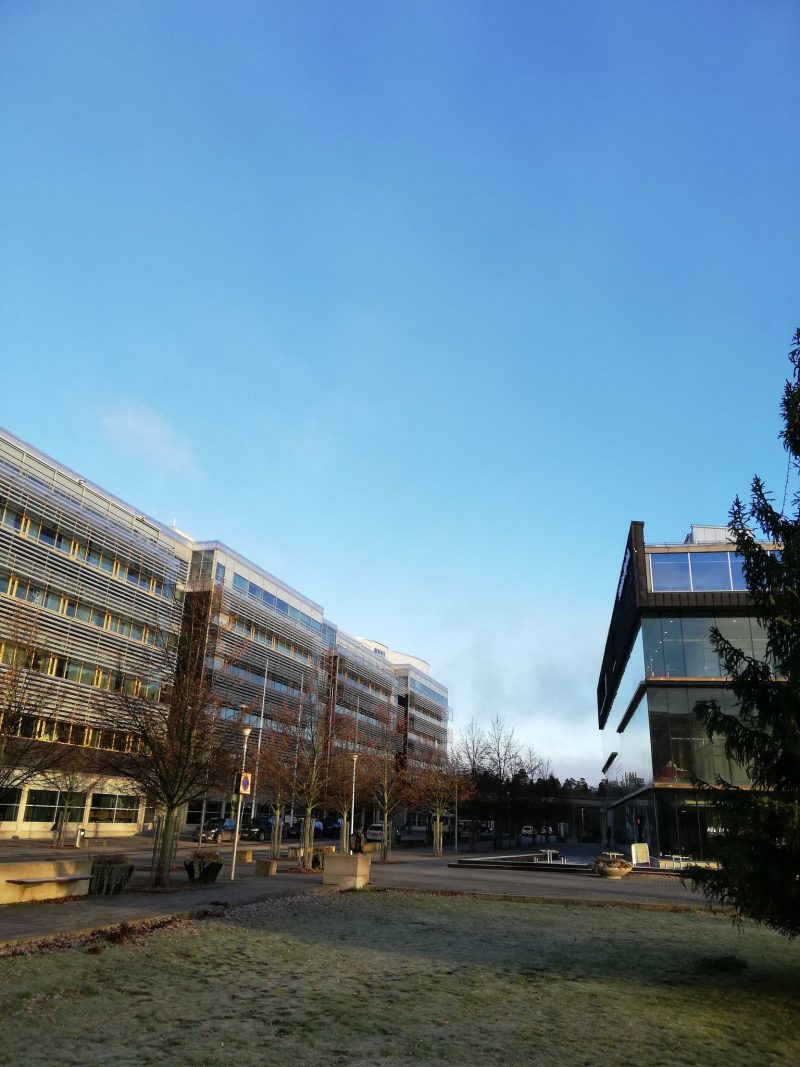
Diet and Physical Activity – Interventions, eHealth and mHealth 2020
Soon it will be that time in the year for the nutrition science masters’ students to start writing their own thesis, meanwhile the last 7.5 credit course on eHealth and mHealth is almost complete.

Course content-
This course was a new research area for myself as I had never learned anything about eHealth and mHealth technologies and interventions aimed at improving diet and promoting physical activity (PA). However this short course has provided me with a sufficient overview about what eHealth and mHealth interventions are available out there, what interventions are needed, what features are important to consider in its design as well as getting an insight on designing your very own mHealth intervention.
Some of the topics covered:
- Current mHealth interventions
- Behaviour change theories and techniques
- Statistics and power
- Research ethics
- Qualitative methodology and motivational interviewing
It is extremely hard to change one persons’ behaviour let alone trying to change populations, but that is an integral part of this research are and the techniques involved in trying to promote healthy behaviours such as consuming a healthier diet, increasing PA, reducing sedentary behaviour and improving sleep quality. This area of eHealth and mHealth research is an advancing field enabling scientists to be creative and innovative when designing these interventions e.g. fitness apps.
What’s involved in the course-
The course is made up of lectures and interactive seminars, lectures were provided throughout the course but mainly at the beginning and there were 4 seminars/workshops which involved reading related articles and participating in group discussions. I found these to be quite enjoyable and found it interesting to hear what my peers thought about this novel research area- for me. The lectures gave a brief introduction on eHealth and mHealth which I found to be useful. However the main part of this course was working in groups to design your own mHealth intervention and to write a study protocol.
We were put into groups based on the topic that we were most interested in, so my group and I worked on designing an app to reduce obesity and promote PA in adolescents aged 13-17. We specifically aimed this at those adolescents attending schools in disadvantaged areas of Stockholm and planned to design the app in four different languages to include a wider demographic. This project work carries over into the Christmas break, however our group worked a bit extra before in order to have more time off around Christmas!
I found this assignment to be extremely useful because you can be creative and innovative in designing an mHealth application as well as learning what steps are involved when designing a randomised controlled trial of your own e.g. establishing inclusion/exclusion, study design, recruitment methods, appropriate statistical tests to use, features of the intervention group and control group, completing your own sample size power test and which appropriate outcome measures to choose.
What you get graded on-
In this course you get graded on the above group work project and the associated presentation, where you have to present your work to the class and oppose another groups’ work. In addition to this you have to write a discussion section individually based on your group work project, and consider the strengths/weaknesses of your intervention and motivate your choice of methods.
Next step-
In this course they provided some valuable information on how to apply for PhD’s, post-doctoral grants and EU grants. This was well received by the nutrition class, and for some applying for a PhD will be the next step in their career. Making contacts when doing your masters thesis was emphasised here, which for now is the next step for me…
I hope this blog has been insightful into the eHealth and mHealth course, which is also why this masters programme at Karolinska Institutet is unique in incorporating this area of research.
If you have any questions don’t hesitate to contact me at: callum.morison.regan@stud.ki.se
Callum Regan- Nutrition Science
I am from Scotland and have come to Stockholm to study Nutrition Science MSc at Karolinska. I am a blogger for this course and am interested in many areas of Nutrition including ways to reduce childhood obesity and improve adolescent mental health. I love to travel, meet new people, play sport, keep healthy, watch films and listen to jazz music. I also enjoy trying food from around the World and am always searching for the best food out there!

0 comments